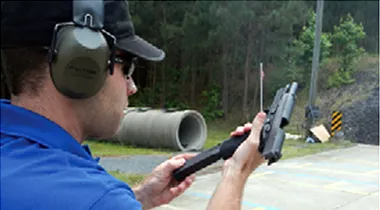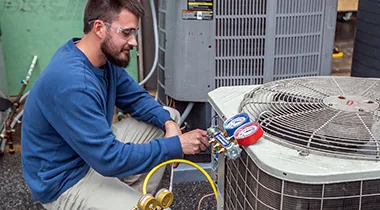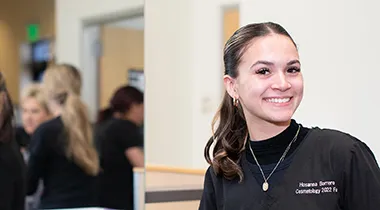Need to upgrade your workforce skills for your current career or prepare for industry-recognized credentials, certifications and licenses? Wake Tech's non-degree Workforce Training courses can help you develop your academic, technical and employability knowledge. Browse by career field or view the course catalog
Training by Career Field
Other training options
2023 Footer Column 1
2023 Footer Column 2
- Wake Tech Mobile App
- Help & Support
2023 Footer Column 3
- Connect
9101 Fayetteville Road, Raleigh, NC 27603
919-866-5000
919-866-5000
Translation
Wake Tech Community College | ©2026 All Rights Reserved.
Contact Us | Terms of Use | Privacy Policy | Campus Policies | Site Map
Contact Us | Terms of Use | Privacy Policy | Campus Policies | Site Map



























